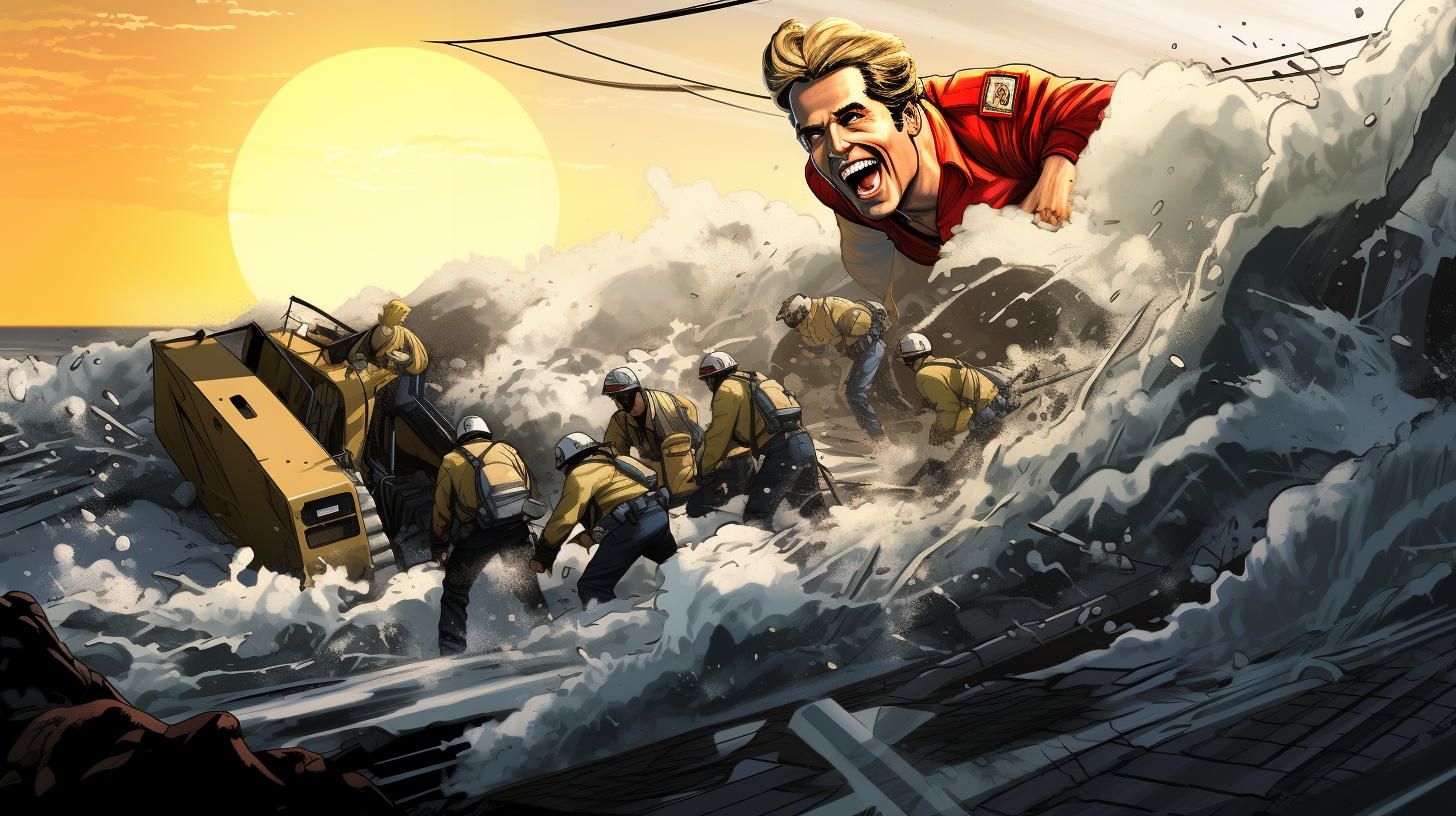I was so ready to get my hands on the book of DeepMind co-founder Mustafa Suleyman. I waited in anticipation to learn what a person who helped create one of the companies that predetermine our human future has to say on moral responsibility. I expected this book to be a call to brace for change that he and his teams helped to initiate.
Mustafa’s previous company, DeepMind, laid the ground for the common belief that intelligence can be substrate-independent and become synthetic, with higher problem-solving scores than humans can ever achieve. They proved it by having their models outcompete human champions playing computer and board games.

— Should I push the button just yet?
The book is about balancing the power between humans and tools, which he believes cease to be mere tools. Mustafa sees technology as political because it is a form of power. A power that is on the verge of infusing recently untouched aspects of our lives be it intellectual labor or even life itself, with the DNA sequencer being cheap and powerful enough to become available for everyone.
This growing power he sees as driven by four unstoppable incentives: human curiosity, power competition between nations, ego, and incentives from financial gains, ones he was on the receiving end himself when exiting his company to Google on multimillion-dollar valuation. For him, the stated reasons make it unimaginable for the tech to be put to a halt despite the risks. Therefore, we’re facing a so-called ‘containment problem’ — of ensuring we don’t hurt ourselves with the damaging effects of technology.
It is difficult for a reader to believe Mustafa’s intentions. The book outlines the challenges brought by the technology he helped to advance. However, it fell short of my expectations of the proposed solutions. Granted, Mustafa lists nine areas where he sees the necessity for action, but he does that only in the last chapter and leaves only an outline, a sketch where I expected a more grounded approach from a person whose company was at the forefront of the wave that is about to hit the shore.
I don’t reject the book’s importance at all. It is well-researched and well-written (probably due to the researcher’s and co-writer’s hard work, Michael Bhaskar). It will probably end up as a commercial success, along with the next AI company Mustafa co-founded. But I expect genuine concerns about the destructive force of the upcoming wave not to come from a surfer on top of it. I would welcome it from someone who put down the board and work on the evacuation paths.

As a tech entrepreneur, I know how much insight we gather over the years and how those insights can be impactful. The Coming Wave book, in my opinion, is a solid conversation starter but doesn’t reach beyond mapped concerns much.
The real question is — being in position of a person who decides (or decides who decides), would you shy away from making tens of millions of dollars now only to raise concerns later, or push the breaks and speak up potentially loosing the option to become a multimillionaire?
It is excellent that in the book Mustafa calls out the case of Joseph Rotblat, a Polish-British scientist who left Los Almos on the grounds of conscience. However, being at the forefront of innovation demands responsibility beyond calling out good examples. One should set them.